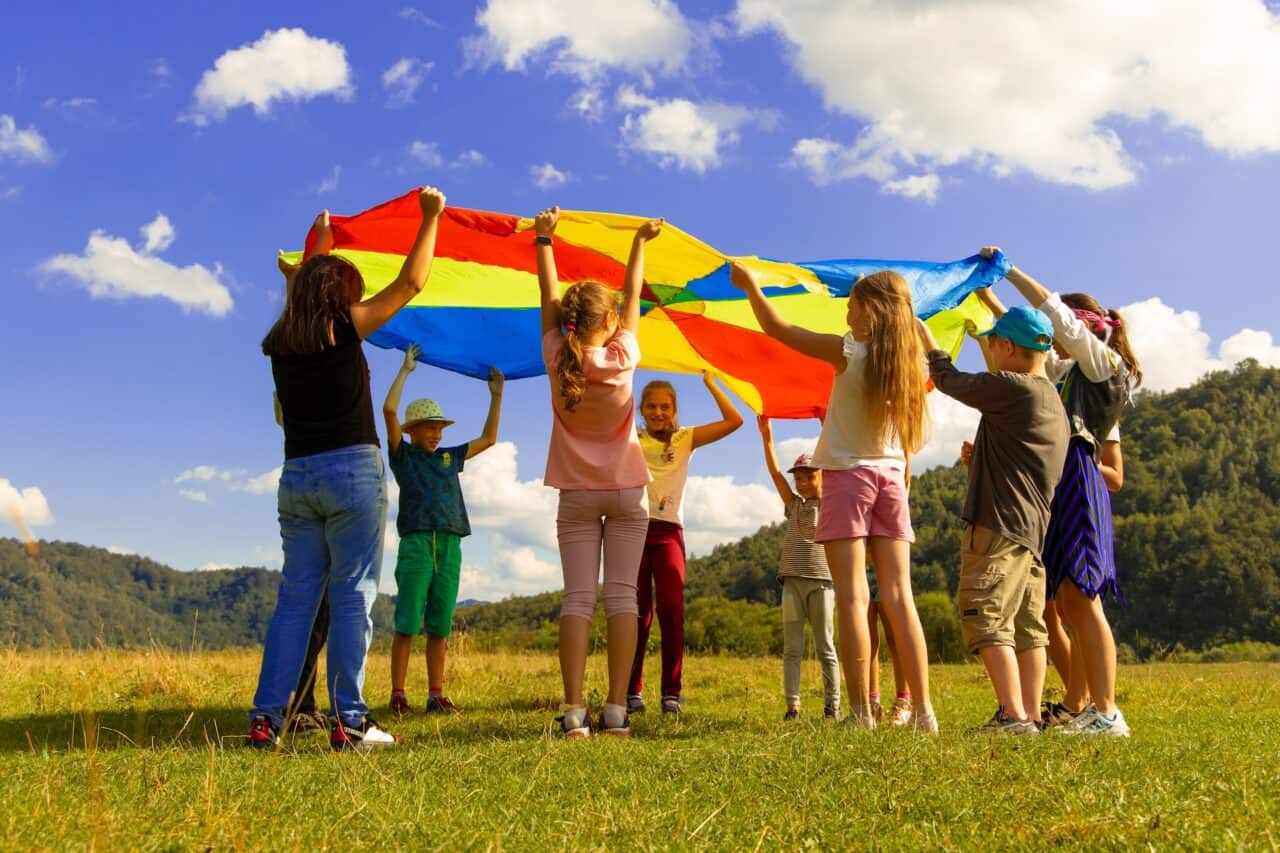Featured
As caregivers, parents, and teachers, we’re available to show our children right from wrong and help them with problem resolution. We can provide solutions if they have an issue with a school subject, a friendship, or something else.
However, problem-solving is an essential skill for children to have. With it, they don’t need other people to solve their problems. Instead, they can become confident and independent problem-solvers themselves. If you want your children to learn vital problem-solving skills from a young age, you might be able to set them up for success in some of the following ways:
Ways for children to learn problem-solving skills

Encourage Creative Play
Creative play can be an excellent way to build your child’s problem-solving skills from a young age. For example, they can work on puzzles like Solve It Puzzles and develop critical thinking while learning how all the pieces come apart and go together.
Even dress-up clothes and costumes can assist with problem-solving since they might know what they want to dress up as but not the clothing they should wear to complete their preferred look.
Ask Them to Identify the Problem
Children can become frustrated when they encounter an obstacle in an activity. They might not know what the problem is, but they just know that they have valid feelings of anger and frustration.
Encourage problem-solving by asking them to identify the emotion, problem, or challenging part of their activity. When they tell you, you can help them brainstorm possible solutions. Be careful not to solve the problem for them right away, even if it seems like the easier option.
Ask for Advice
Children don’t always know that adults can encounter challenges and make mistakes. As a result, they don’t always believe that it’s okay for them to make mistakes or have problems they need to solve.
If you ask your children for advice on your problems, like not being sure what to make for dinner, you show them that problem-solving is a part of everyday life. They can practice their skills by providing a solution for your problem and enjoy feeling like their ideas and opinions are valued.

Apply the SODAS Method
If your children are nearing their teenage years and need help enhancing their problem-solving skills, consider trying the SODAS method, which many adults already use. SODAS stands for: situation, options, disadvantages, advantages, solution. When any big or small problem arises, they can explain the situation, outline the available options for solving it, and weigh the pros and cons of each to reach a solution.
Use Storybooks
When your children are still young, you might be able to introduce them to problem-solving through storybooks. Most children’s books have characters with a problem they must solve, and these storylines can open up discussions with your children. Ask them about the problems the characters had, how they solved them, and what other solutions they might have been able to use to reach different outcomes.
Problem-solving skills can serve children well from childhood through to adulthood, so never underestimate the value of teaching them from a young age. Try some of these methods above, and you might create confident and independent children who feel strong enough to tackle the many problems they’ll encounter as they navigate childhood.































